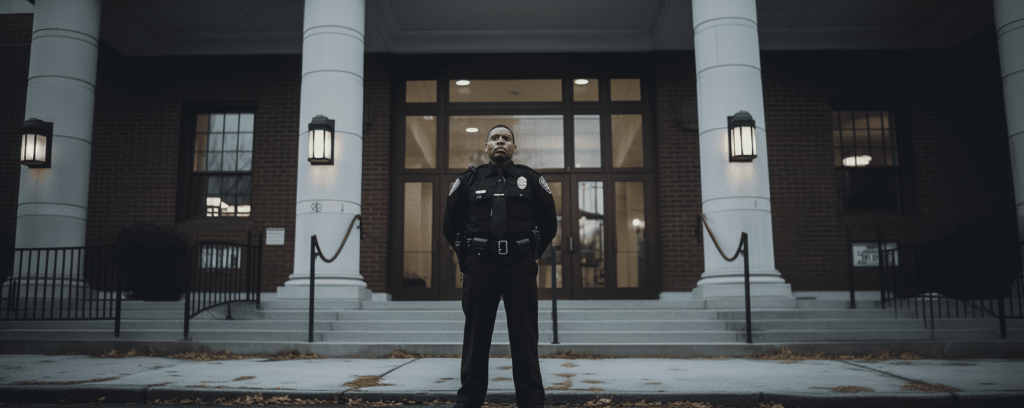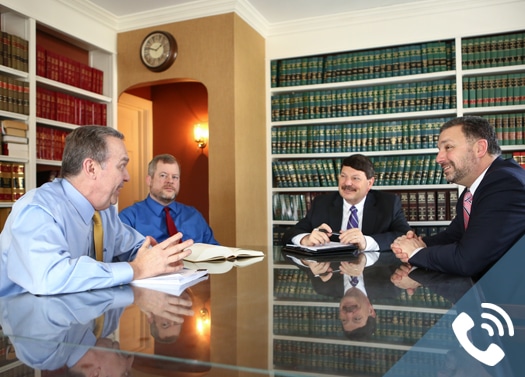Premises Liability Case in Connecticut Alleges Negligent Security
Last updated Tuesday, November 7th, 2023

A premises liability case out of Connecticut provides an example of negligence security.
A robbery that resulted in the death of an employee at a convenience store in Connecticut returned to court for a civil trial recently. A report in the Connecticut Law Tribune discussed the case, noting the family of the victim was suing the owners of the convenience store under the legal theory of premises liability.

Get Your FREE Case Review,
In Person or Virtually Online
More on premises liability
Premises liability is the area of law that covers the responsibility of property owner to maintain safe premises. This can apply in cases involving a slip and fall accident and when an accident results from negligent security, as alleged in the case above. Ultimately, the family of the man killed in the robbery argued that the property owner’s failure to provide adequate security by leaving a hole in a perimeter fence and a not installing proper lighting on the exterior of the building contributed to the death of the employee.
The level of care that the property owner is expected to provide depends on the status of the person entering the property.
- Invitee. Connecticut Supreme Court has labeled three types of invitees: public invitee, business invitee and social invitee. A public invitee is one that is invited on the property in a manner that is open to the public, a business invitee is one invited to complete some form of a business and a social invitee is one invited for a social function. The owner has a duty to warn of any potential, hidden hazards and to inspect the property. The owner should take reasonable steps to remedy any potential hazards. The owner is liable for any injuries that are the result of a defect that would ordinarily be discovered with a reasonable inspection.
- Licensee. This status refers to those permitted to enter by invitation or permission. The owner must warn licensees of any potential, hidden hazards that the owner is aware of. The owner is liable if the licensee is injured due to a condition the owner knew about the danger and failed to warn the licensee of the condition. A possessor or owner of property has a lower duty of care compared to that of an invitee.
- Trespasser. Generally, no duty is owed to protect trespassers from harm. However, property owners are not allowed to intentionally harm a trespasser and must provide due care if the trespasser’s presence is actually known.
- Trespassing children. In Connecticut, there is an exemption to the trespasser rule for trespassing children. Essentially, property owners are required to ensure children will not hurt themselves on dangerous conditions on their property.
The jury deciding the case above found in favor of the property owners, likely because the assailant entered the property the same way a customer would have. Had the man who killed the victim entered through the hole in the fence, the case may have turned out differently.

Get Your FREE Case Review,
In Person or Virtually Online
Premises liability cases can be complex. Those who are injured and believe the property owner should be held accountable should contact an experienced premises liability attorney to better ensure a more favorable outcome.
Keywords: premises liability negligent security

